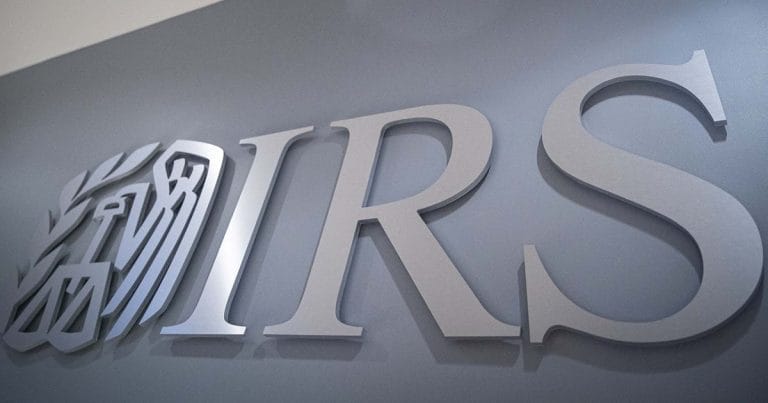🎧 Listen to This Article
Merging irrevocable trusts remains a viable strategy—when implemented in compliance with GST tax rules.
In a significant development for estate planners, the Internal Revenue Service (IRS) has confirmed in Private Letter Ruling (PLR) 202528006 (issued July 11, 2025) that the merger of two GST-exempt irrevocable trusts—each created by a different settlor but with identical terms and beneficiaries—does not jeopardize their generation-skipping transfer (GST) tax exemption.
This ruling affirms that consolidating properly structured irrevocable trusts can be done without adverse GST consequences, provided the trusts share the same inclusion ratio of zero and maintain consistent beneficiary interests.
Background: Trust Structure and Exemption Allocation
The ruling involved a married couple who each established separate revocable trusts. Upon the wife’s death, her assets funded a Family Trust, to which her full GST exemption was automatically allocated, rendering it fully GST-exempt. A portion of that trust was later used to establish a distinct Exempt Trust for her descendants.
Upon the husband’s passing, his assets funded a separate Exempt Trust, also fully GST-exempt due to the automatic allocation of his available exemption. Both trusts were administered by the same trustee, held identical dispositive provisions, and explicitly permitted merger with other trusts created by either spouse, assuming similar terms.
To improve investment efficiency and streamline administration, the trustee proposed merging the husband’s Exempt Trust into the wife’s Exempt Trust.
IRS Conclusion: No Adverse GST Tax Effect
The IRS confirmed that the proposed merger would not alter the inclusion ratio or result in any transfer of beneficial interest to a lower generation. Citing Treas. Reg. § 26.2601-1(b)(4)(i)(D) and Example 6, the IRS noted that the principles applying to grandfathered trusts (i.e., trusts irrevocable prior to September 25, 1985) also apply—by extension—to post-1985 trusts that are GST-exempt due to allocation of GST exemption.
Because:
- Both trusts had identical beneficiaries and dispositive terms
- No shift in beneficial interest occurred
- The rule against perpetuities was waived under applicable state law
…the merger qualified as tax-neutral under Chapter 13 of the Internal Revenue Code.
This PLR marks the first time the IRS has formally extended the safe harbor merger concept from grandfathered GST-exempt trusts to those exempt due to allocated exemptions.
Practical Implications for Estate Planners and Trustees
This ruling offers meaningful guidance for estate professionals managing multiple GST-exempt trusts created post-1985. It reinforces that merging trusts can be a legitimate, tax-efficient strategy, provided the following criteria are met:
- Inclusion ratios remain at zero for all merging trusts
- Beneficial interests and vesting schedules are unchanged
- Merger authority exists in the governing documents
- State law supports the merger, including potential perpetuity waivers
“The IRS’s position underscores the importance of precision in drafting and administering irrevocable trusts,” says Chad Baker, founding member of Baker Law, Ltd. “Well-drafted merger provisions and consistent beneficiary structures can unlock administrative efficiency without triggering unintended tax consequences.”
Key Takeaways
- Trust Merger Allowed: The IRS approved merging two GST-exempt trusts with identical terms and inclusion ratios of zero.
- Safe Harbor Logic Extended: Principles previously applied only to grandfathered GST-exempt trusts now apply to exemption-allocated ones.
- No Beneficial Shift: A critical factor was that no interest shifted to a lower-generation beneficiary.
- Trust Documents and State Law Matter: Merger clauses and perpetuity waivers must be embedded and enforceable.
Note on Precedent
As with all Private Letter Rulings, PLR 202528006 cannot be cited as precedent under IRC §6110(k)(3). However, it provides valuable insight into the IRS’s current interpretive stance on trust mergers involving GST-exempt structures.
For further details, clarification, contributions, or any concerns regarding this article, please get in touch with us at editorial@tax.news. We value your feedback and are committed to providing accurate and timely information. Please note that our privacy policy will handle all inquiries.



